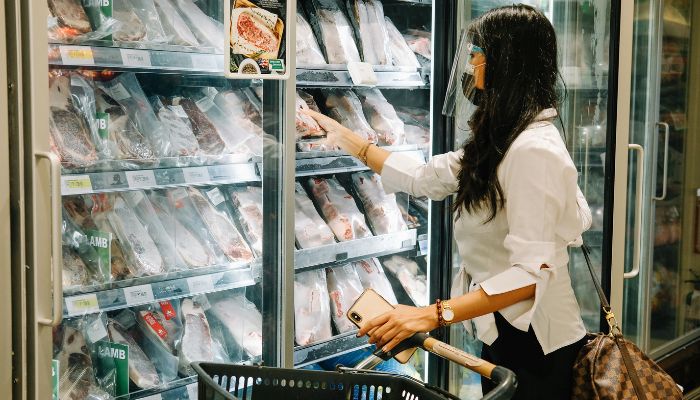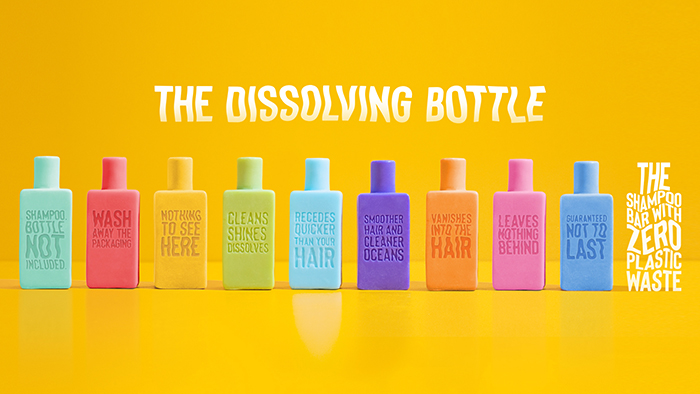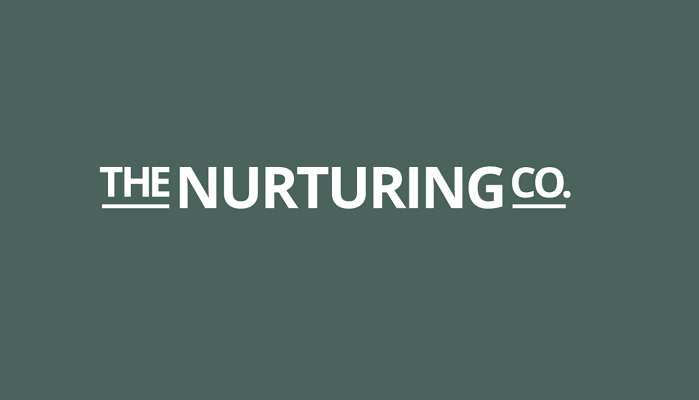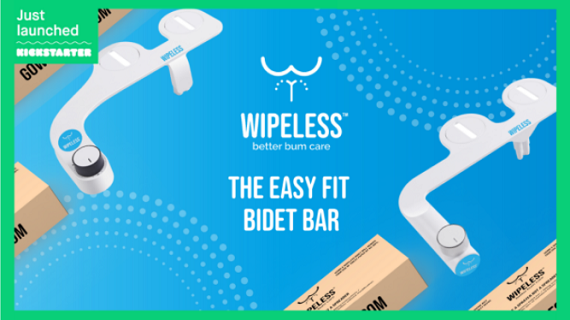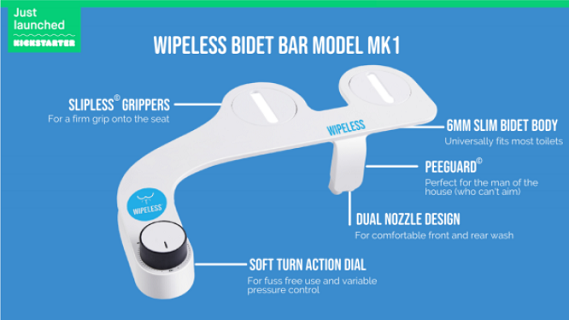Jakarta, Indonesia – The large majority of consumers are willing to pay a higher price for eco-labelled products, even if they are 50% higher than their old brand choices, according to data from market research company YouGov.
With the exception of gaming-related products, Indonesian consumers are willing to accept more than 80% higher prices for eco-labelled food items such as milk, rice, coffee, and tea, compared to other product categories. In contrast, at least one-fifth of consumers who would pay more for eco-labelled fashion and personal care products such as cosmetics and skincare, as well as clothing items, bath soap, oral care, footwear are only willing to accept higher prices of 10% or less.
When asked about food related items, around one-third of consumers are open to switching the brand of rice (34% of respondents), coffee/tea (33% of respondents) and milk (33% of respondents) they currently purchase in order to buy an eco-labelled one. While slightly more are willing to pay more for eco-labelled rice (35% of respondents), slightly less would be for coffee/tea (30% of respondents) and milk (30% of respondents).
Meanwhile, when asked about household appliances and furniture products, more than one-quarter are open to switching their current brand of home furniture (29%) in order to buy an eco-labelled one, while just under a quarter (24%) are willing to pay more.
Lastly, one-quarter of consumers (25%) are open to switching the brands of smartphones they currently purchase to buy an eco-labelled one, while slightly more (27%) are willing to pay a higher price for greener smartphones. But less than one in seven consumers would consider switching brands and paying more for eco-labelled cars (14%) and gaming consoles (5% to 6%).

